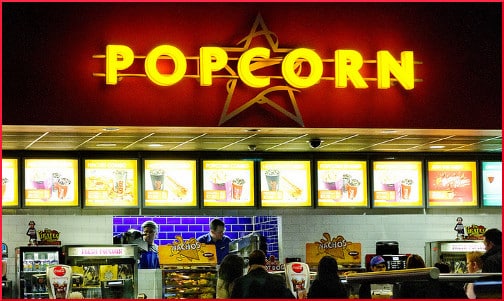 Here, as observed and reported by a variety of researchers, are some factors thought to contribute to obesity. Childhood Obesity News does not vouch for the accuracy of any of these reports, but merely passes on the information that these factors are considered, by someone, to be suspect.
Here, as observed and reported by a variety of researchers, are some factors thought to contribute to obesity. Childhood Obesity News does not vouch for the accuracy of any of these reports, but merely passes on the information that these factors are considered, by someone, to be suspect.
Overweight Cartoon Characters
Childhood Obesity News has mentioned the attention given by obesity researchers to cartoon characters. A study done at the University of Colorado (Boulder) and published by The Journal of Consumer Psychology found that visual images could influence children:
Researchers first randomly showed 60 eighth graders a svelte jelly-bean-like cartoon character or a similar rotund character and asked them to comment on the images. Then they thanked them and gestured toward bowls of Starburst candies and Hershey’s Kisses, saying, “You can take some candy.”
Children who had seen the rotund cartoon character helped themselves to more than double the number of candies as children shown the lean character.
Another experiment involved 167 elementary school kids who viewed two different cartoon characters and participated in a cookie taste test. Depending on whether they were asked to “think about things that make you healthy” before or after the taste test, they ate more or fewer cookies.
Phthalates in Hygiene Products
At the New York University School of Medicine, Dr. Leonardo Trasande examined the composition of shampoos, soaps, lotions and other hygiene and grooming products and found them to be full of phthalates. This particular class of chemical has, in other studies, been linked to obesity, allergies, asthma, type 2 diabetes, and some kinds of cancer. Any such product with artificial fragrance probably has phthalates in it. If a bottle of moisturizer lists “fragrance” or “parfum” as an ingredient, we are advised to stay away from it. This means avoiding the great majority of household cleaning products, as well as giving up scented candles and air fresheners.
Sad Movies
The Cornell Food and Brand Lab wanted to know what kinds of movies inspire people to eat, or not eat, popcorn. Experiments were conducted both in a lab and in commercial theaters in seven American cities (on Thanksgiving weekend, when you’d think people would already be stuffed enough). The results were published by JAMA Internal Medicine.
As compared to the comedy Sweet Home Alabama, viewers of the tragic Love Story consumed 28% more popcorn. With another cinematic pairing, the difference was much greater. Watchers of the sad Solaris ate a whopping 55% more popcorn than those who attended the humorous My Big Fat Greek Wedding. A similar study had already demonstrated that action and adventure movie fans tend to eat a lot, but only if the food is set in front of them. Apparently, consumption drops if the preparation and serving are not done by someone else.
An interesting footnote came from Prof. Brian Wansink, author of Slim by Design: Mindless Eating Solutions for Everyday Life, who believes that the effect would be the same if moviegoers ate fruits and vegetables, rather than popcorn. Unfortunately, theaters don’t allow food to be brought in from outside. It would probably not be practical to sell fresh produce at the snack bar, because it is expensive to stock for the reason inherent in its name—it does not stay fresh for long. There is also the danger that, like school kids rebelling against healthful cafeteria fare, the customers might rise up and show their displeasure.
Your responses and feedback are welcome!
Source: “‘Fat’ Cartoon Characters May Make Children Eat More,” NYTimes.com, 07/28/15
Source: “How Lotions and Shampoos Fuel Childhood Obesity,” RodaleWellness.com, 02/06/13
Source: “Sad movies are fattening,” eurekalert.org, 03/02/15
Image by Dave Crosby

 FAQs and Media Requests:
FAQs and Media Requests: 











